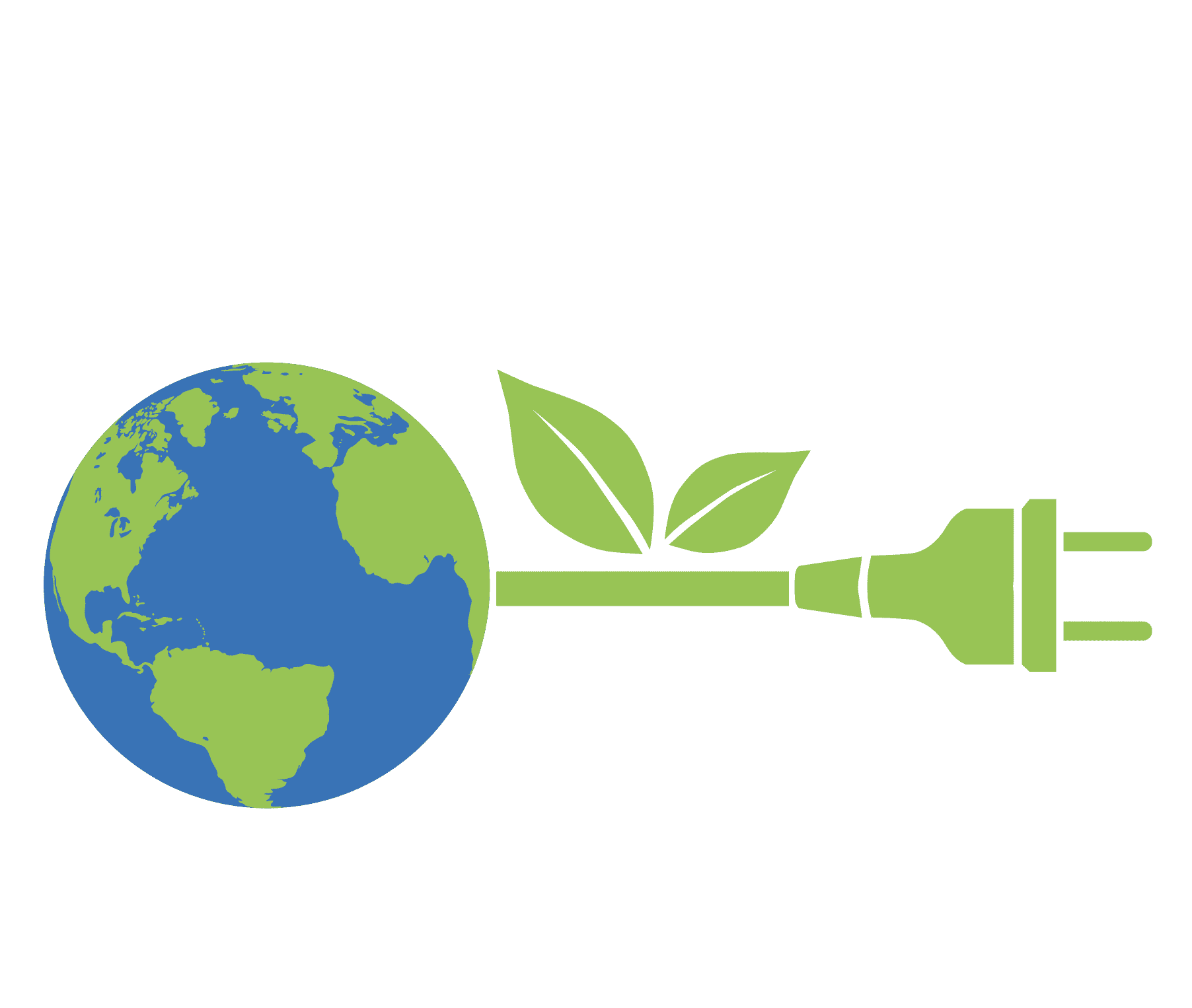
In a speech on March 17th, Isabel Schnabel, member of the Executive Board of the European Central Bank, ECB, explained that the use of fossil fuels for energy is “increasingly seen as a threat to … our values of liberty, freedom and democracy.” In a quote from German finance minister Christian Lindner, Schnabel referred to so-called renewable energy sources as “freedom energies.”
While portraying a future with only so-called renewable sources as one of low energy costs, Schnabel depicted the transition into that future in different colors. She warned of three “interrelated shocks” with rising energy prices, the first of which she called “climateflation.” Due to an alleged increase in “natural disasters and severe weather events,” Schnabel said, disruptions to economic activity would drive up prices in general.
The second form of green-transition inflation, according to Schnabel, is the kind of rise in fossil-fuel prices that Europe is witnessing today. Contrary to the rise being caused by supply issues during the recent pandemic, or the Russian war on Ukraine, Schnabel claimed this is a “legacy cost” of fossil-fuel dependency.
The third form of green-transition inflation, Schnabel explained, is due to the short supply of non-renewable metals required in so-called renewable energy technology. She then went on to discuss possible central-bank responses to high long-term inflation, one of them being a change to the ECB’s method for measuring inflation. A new measurement would possibly exclude energy prices.
To date, the ECB has not endorsed any such price-index modification.
